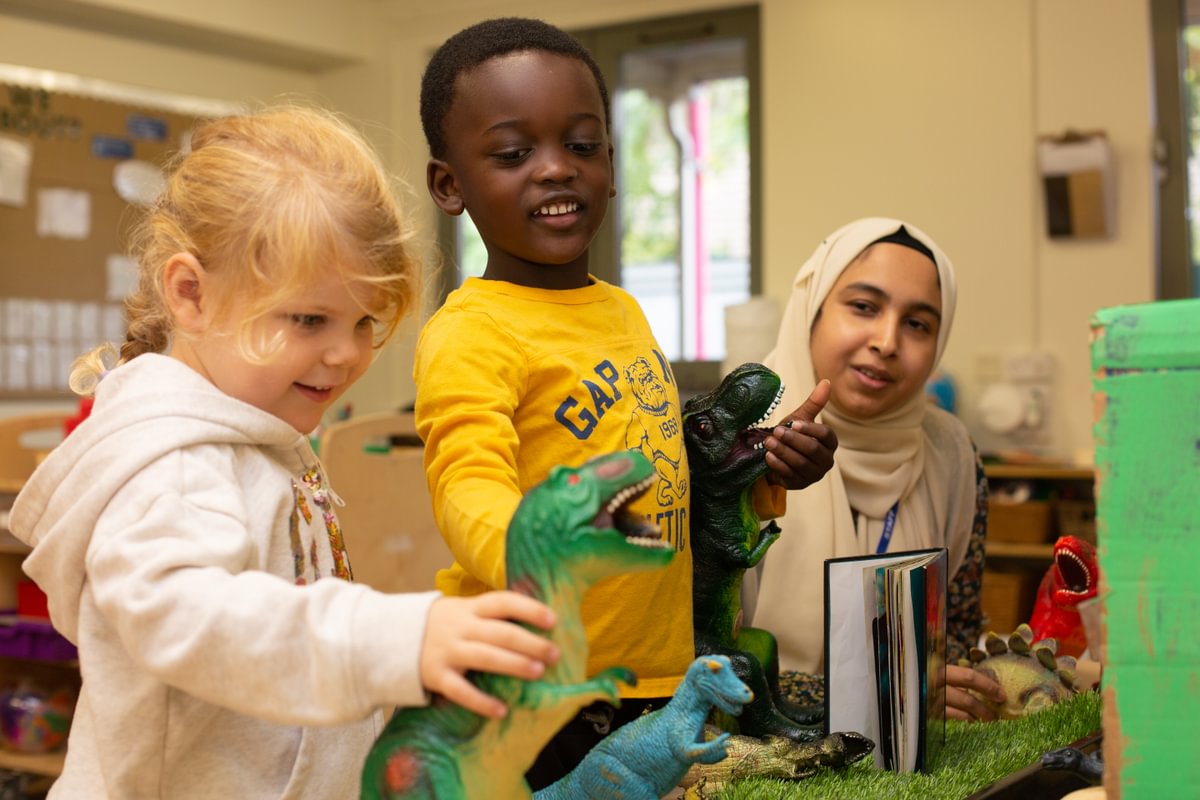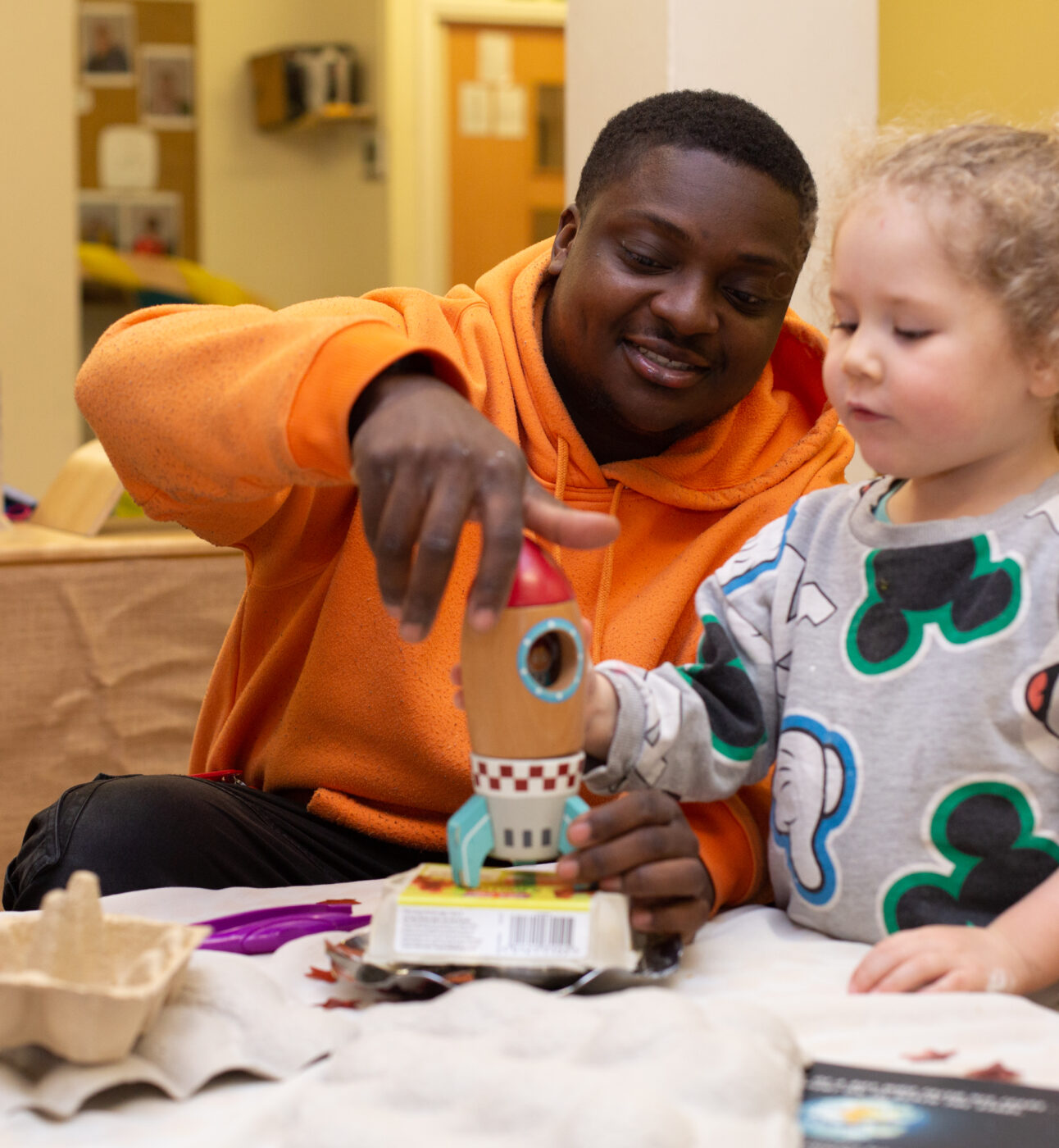
Could Social Enterprises fix the Childcare System?
Why the social enterprise model could be the solution to fixing England’s broken childcare system by expanding access to the communities that need it most. England is…
July 19th 2021
What does it mean to be awarded Social Enterprise Leader of The Year? A prize, a party, a badge, a sense of confidence about what you do, a picture in the paper, a bunch of investment?
The year of 2021 has certainly put leadership under a spotlight. How you lead a country, an organisation and a team through a pandemic was explored publicly. The pressure to survive focused your mind. We looked for leaders who made us feel safe, who could take decisions, who put really strong people around them. Names like Jacinda Arden, the PM of New Zealand were heard a lot because she seemed to be in charge. We needed to find ways to be focused, flexible, altruistic, agile, kind, engaged and good humoured. Everyone had their own way of doing this but central to everything was to hold as tight as possible to our purpose.
Looking and learning from others was also essential because people were figuring out how to do this and share it. We discovered TikTok, the power of hilarious videos and the deep release from a judicious swear word and the rude images that clogged our phone storage. We became quiz experts both in participating but also in watching so we learned enough not to look completely hopeless. I doubt as many people watch The Chase now but last year it was a lifeline in a quirky sort of way.
The challenge was how leaders capitalised on this fast-changing world as we Zoom Zoomed to the Moon. The pandemic brought out the best and the worst in people. All that virtue signalling and debating by slogan driving seriously anti-democratic responses. The paucity of leaders willing to step up and be brave was noticeable.
What became clear though was the intrinsic need for social leadership. Luckily, I have a brilliant co-author, Mona Sakr and, during lockdown, we agreed to write a book about this very specific subject and deliver it to the publishers on my birthday. The clue to that date is in the name! I guess it won’t be published for another 12 months. We will keep you posted.
The book: Social Leadership in Early Childcare Care and Education (ECEC) includes conversations with 15 ECEC leaders from across the world. It was a joyful process, and one that was enhanced by the technological competence forced on us by the pandemic. Six months earlier, talking to someone in Australia or Turkey was expensive unless you had access to a high-quality conference call facility which is not usually a resource found in nurseries (although we could do a great improvisation with two yogurt pots and a string).
Our book addresses how we lead with purpose no matter where you are positioned in the complex, diverse and fragmented ECEC sector. The pandemic highlighted how so few people actually understand why early education matters for children, how it supports their development and actually benefits society in the long term. A good start supported by high quality ECEC reduces a child’s risk of experiencing all the problems associated with poverty such as unemployment, entering prison and poor health. And if things were bad for many children before the pandemic they are much worse now. Getting quality leadership and leadership development in ECEC right is crucial for enabling learning through a strong pedagogy, building community participation and giving children a voice.
Our book is about reinforcing this and building a model of leadership that supports how we do this consistently. We identify six levers to shape the model which is not about individuals making change by themselves but about creating and nourishing communities of practice that can foster social leadership across the sector.
By narrating the leadership of those who already lead with a social purpose in ECEC we can encourage more conversations about social leadership. Earlier this year I was awarded a scholarship to attend the Harvard Business School Not for Profit programme where I spent a week on Zoom with 100 Social leaders from the US and across the world. The importance of social leadership dominated the conversation no matter what sector.
The SE100 Leaders Award is for all those social leaders who remember their social purpose and drive it through their operational excellence and build a culture wrapped around that very purpose.

Why the social enterprise model could be the solution to fixing England’s broken childcare system by expanding access to the communities that need it most. England is…

Social enterprises are driven by social justice and deliver a range of public services including health, social care, children, services, education, homelessness, housing, domestic abuse, public health, leisure, culture, employment,…
Do you enjoy listening to an honest, funny, down to earth conversation? That sums up my chat with serial social entrepreneur Karen Lynch. I met Karen many…